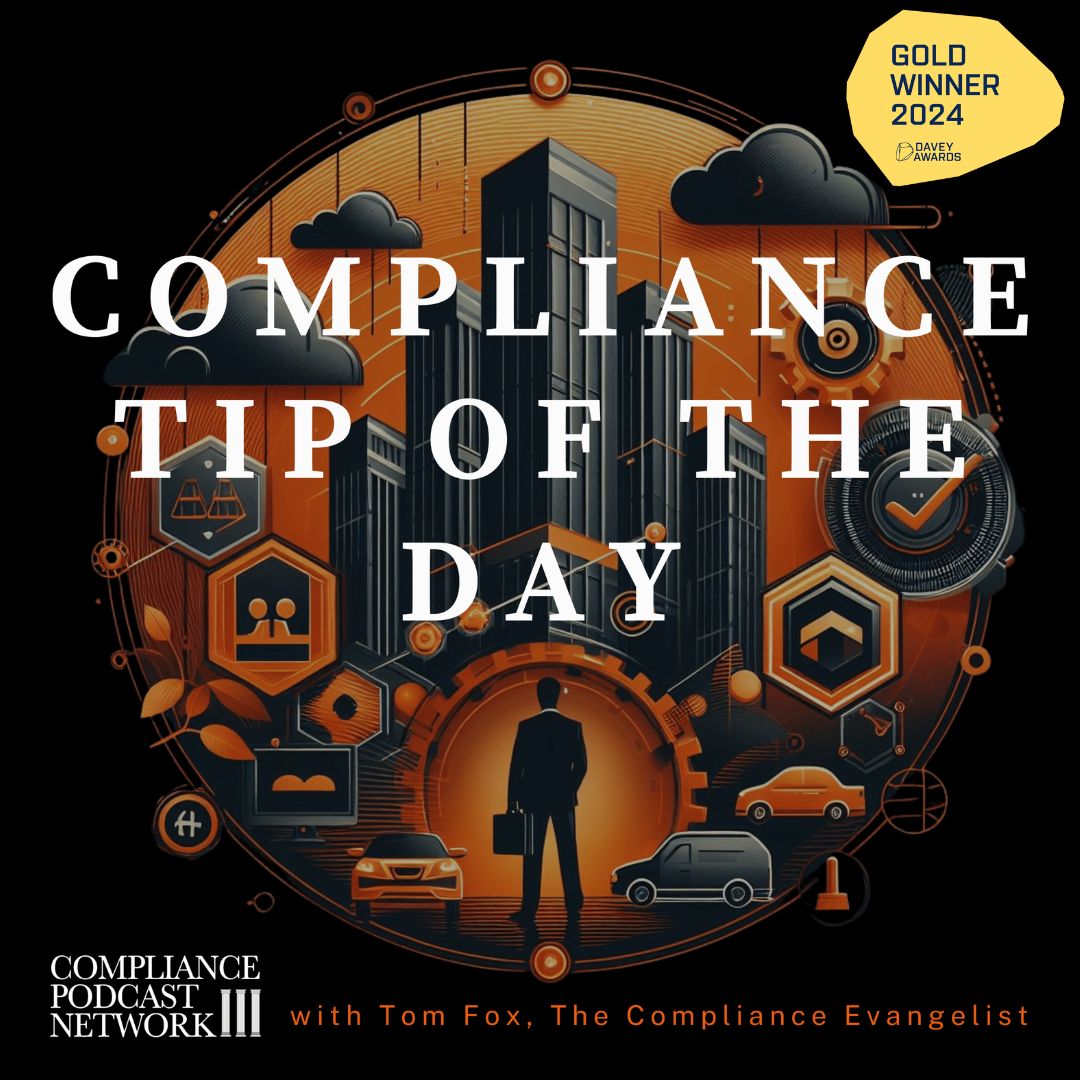In this episode of Great Women in Compliance, Hemma and Sarah visit with Roxanne Petraeus and Susan Frank Divers to talk about intentionally building a “Listen Up” culture. Tune in to hear the powerful origin stories of two great women in compliance who have been moved to drive significant impact in this space, from enterprising business solutions, to innovative learning and development strategies, to thoughtful approaches to measuring culture and employee sentiment as a measure of success.
Highlights include the ways in which listening builds trust, how to measure impact, not activity, how to achieve integrated risk management, how to design your employee training with employee experience and employee sentiment in mind, and despite our aspirational claims to be building a strong speak up culture, how our employees will always be the actual arbiter of our success.
You can learn more about Roxanne and Susan’s work at www.ethena.com.
Biographies:
Roxanne Petraeus is the CEO and Co-Founder of Ethena, a compliance training platform startup with intuitive and powerful admin tools that make required training easy, engaging, and effective.
Roxanne previously consulted for McKinsey, and before that, she was an officer in the US Army. She found that no matter the setting, whether consulting or in the military, there remained an opportunity to make compliance training better. She started Ethena in 2019 with Co-Founder Anne Solmssen.
Ethena enjoys incredibly positive word of mouth within the HR community, and is trusted by thousands of companies like Figma, Notion, Noom, Pinterest, and Carta to provide actionable training. And the employees love it: Ethena has a 93% positive rating, and over 2M positive reviews. Roxanne is a natural leader, and her eagerness to question and reinvent old paradigms is at the heart of Ethena’s ascendance.
Susan Frank Divers serves as an advisor to Ethena, Inc., an all-in-one compliance training platform that helps companies create more ethical and inclusive work cultures. Prior to joining Ethena, she was the director of thought leadership and best practices for LRN Corporation for seven years.
She has 30+ years’ accomplishments and experience in the ethics and compliance arena. This expertise includes building state-of-the-art compliance and training programs, designing user-friendly means of engaging and informing employees, fostering an embedded culture of compliance, and sharing substantial subject matter expertise in anti-corruption, export controls, sanctions, and other key areas of compliance.
Prior to joining LRN, Ms. Divers served as AECOM’s Assistant General for Global Ethics & Compliance and Chief Ethics & Compliance Officer. Under her leadership, AECOM’s ethics and compliance program garnered six external awards in recognition of its effectiveness and Ms. Divers’ thought leadership in the ethics field. In 2011, Ms. Divers received the AECOM CEO Award of Excellence, which recognized her work in advancing the company’s ethics and compliance program.
#GWIC is proud to announce that it has been nominated for the WomenInPodcastAwards. This is a people’s choice award and whether you vote for #GWIC or other nominees, we ask that you send the elevator back down by voting. Voting opens August 1, 2024, and details can be found on the #GWIC LinkedIn page at http://www.linkedin.com/groups/12156164
Resources:
Join the Great Women in Compliance community on LinkedIn here.





